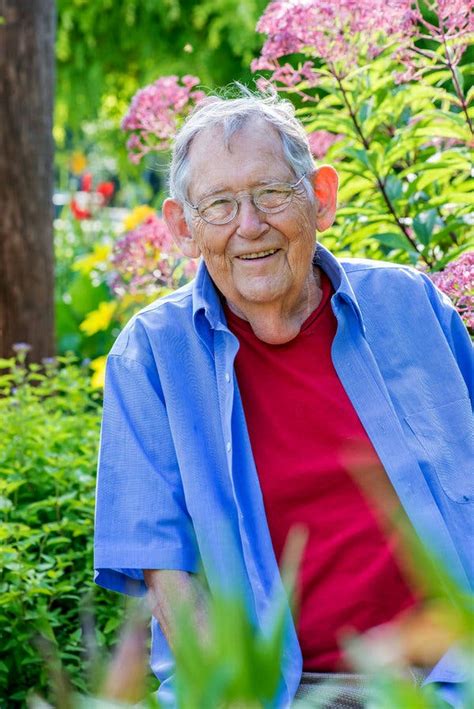A Quote by H. L. Mencken
Related Quotes
After we have thought out everything carefully in advance and have sought and found without prejudice the most plausible plan, we must not be ready to abandon it at the slightest provocation. should this certainty be lacking, we must tell ourselves that nothing is accomplished in warfare without daring; that the nature of war certainly does not let us see at all times where we are going; that what is probable will always be probable though at the moment it may not seem so; and finally, that we cannot be readily ruined by a single error, if we have made reasonable preparations.
I lived, particularly in childhood but with lessening intensity right on to middle age, in a world that was peculiarly and intimately my own, scarcely to be shared with others or even made plausible to them. I habitually read special meanings into things, scenes and places qualities of wonder, beauty, promise, or horror for which there was no external evidence visible or plausible to others. My world was peopled with mysteries, seductive hints, vague menaces, "intimations of immortality.
I don't have a very high opinion, actually, of the world of criticism - or the practice of criticism. I think I admire art criticism, criticism of painting and sculpture, far more than I do that of say films and books, literary or film criticism. But I don't much like the practice. I think there are an awful lot of bad people in it.
That was one of the big problems in the [Black Panther] Party. Criticism and self-criticism were not encouraged, and the little that was given often wasn’t taken seriously. Constructive criticism and self-criticism are extremely important for any revolutionary organization. Without them, people tend to drown in their mistakes, not learn from them.
Show me a person without prejudice of any kind on any subject and I'll show you someone who may be admirably virtuous but is surely no gardener. Prejudice against people is reprehensible, but a healthy set of prejudices is a gardener's best friend. Gardening is complicated, and prejudice simplifies it enormously.





































